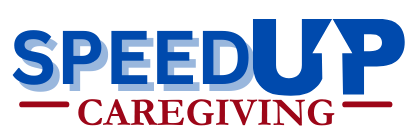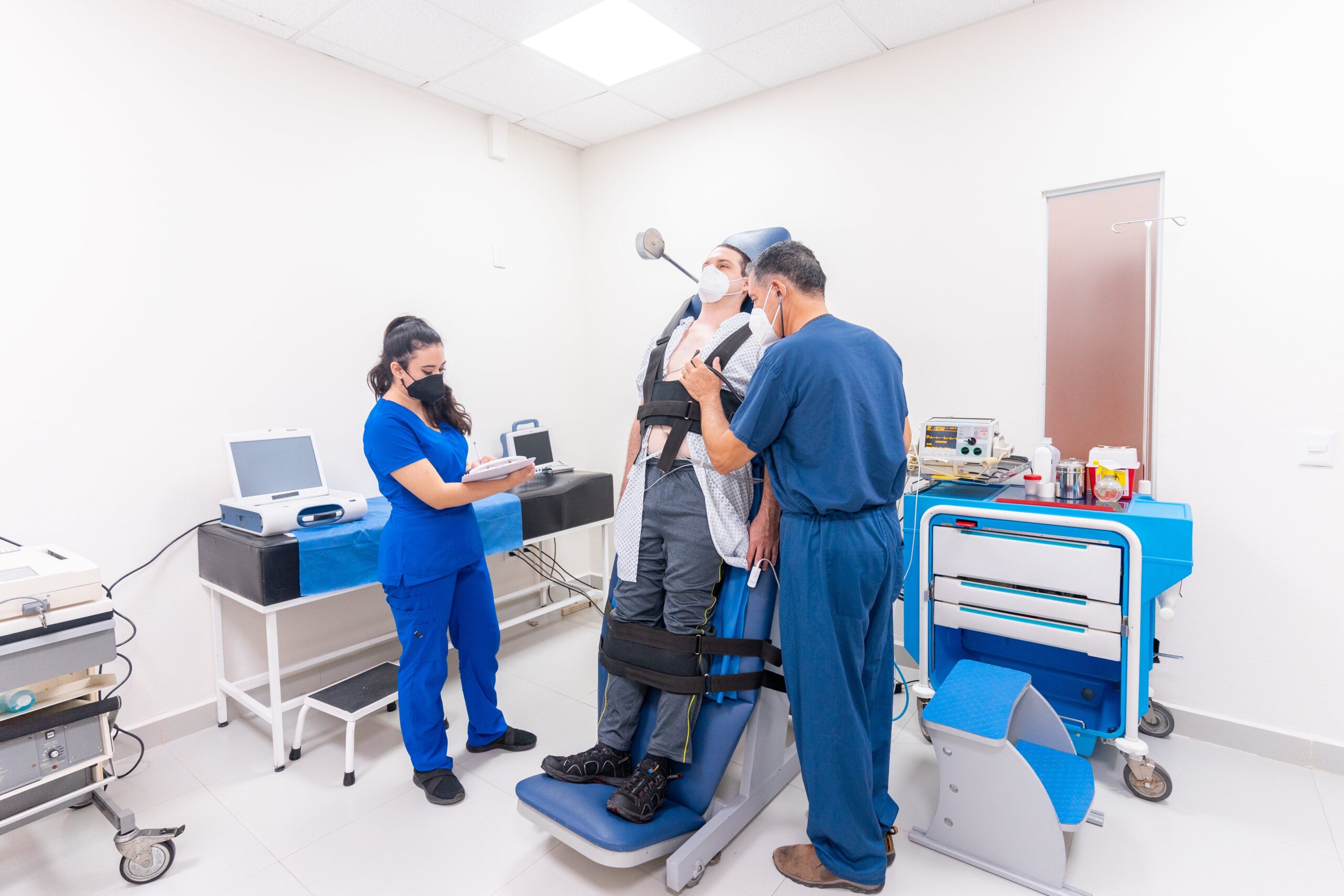The Transformative role of technology in modern Caregiving
Harnessing Innovation: The Transformative Role of Technology in Modern Caregiving
Introduction:
In the rapidly evolving landscape of healthcare, technology has emerged as a powerful ally in modern caregiving. From enhancing communication to providing advanced monitoring solutions, technology is revolutionizing the way caregivers provide support to their loved ones. In this blog post, we’ll explore the multifaceted role of technology in modern caregiving, shedding light on the innovative tools and applications that are making a positive impact on the caregiving experience.
- Enhanced Communication and Connectivity: Bridging Distances
Technology has significantly improved communication between caregivers and their loved ones, especially when they are separated by geographical distances. Video calls, messaging apps, and social media platforms enable real-time connections, fostering a sense of closeness and support.
Key Communication Technologies:
- Video Conferencing Apps:Facilitate face-to-face communication, allowing caregivers to visually assess their loved one’s well-being.
- Messaging Apps:Enable instant communication, providing a convenient way to share updates and coordinate care.
- Social Media Platforms:Create virtual support networks, connecting caregivers with communities facing similar challenges.
- Remote Monitoring Solutions: Keeping Tabs on Health
Technology offers remote monitoring solutions that empower caregivers to keep track of their loved one’s health status without constant physical presence. Wearable devices, smart home technologies, and health monitoring apps provide valuable data and alerts.
Remote Monitoring Technologies:
- Wearable Health Trackers:Monitor vital signs, activity levels, and sleep patterns, providing valuable health insights.
- Smart Home Devices:Include sensors for detecting movement, fall detection systems, and smart medication dispensers to enhance safety.
- Health Monitoring Apps:Allow caregivers to track medication schedules, record symptoms, and share data with healthcare providers.
- Telehealth Services: Accessible Healthcare at Your Fingertips
Telehealth services have become increasingly prevalent, offering a convenient and accessible way for caregivers and their loved ones to connect with healthcare professionals. Virtual consultations, remote check-ins, and digital health platforms enhance healthcare access.
Advantages of Telehealth Services:
- Convenience:Eliminate the need for travel, making healthcare consultations more accessible.
- Timely Access to Care:Enable timely intervention and consultations, especially in non-emergency situations.
- Continuity of Care:Facilitate ongoing communication between healthcare providers and caregivers, ensuring continuity in care plans.
- Medication Management Apps: Ensuring Compliance
One of the challenges in caregiving is managing medication schedules effectively. Medication management apps provide caregivers with tools to track, organize, and receive reminders about medication administration, reducing the risk of errors.
Benefits of Medication Management Apps:
- Alerts and Reminders:Ensure timely administration of medications, reducing the likelihood of missed doses.
- Dosage Tracking:Enable caregivers to track medication adherence and share information with healthcare providers.
- Streamlined Communication:Enhance communication between caregivers and healthcare professionals regarding medication management.
- Care Coordination Platforms: Collaborative Healthcare Management
Care coordination platforms are digital tools that facilitate collaborative healthcare management by bringing together caregivers, healthcare professionals, and other members of the care team. These platforms streamline communication, information sharing, and coordination of care plans.
Features of Care Coordination Platforms:
- Centralized Information:Provide a centralized hub for relevant health information, care plans, and communication.
- Appointment Scheduling:Facilitate the coordination of medical appointments and healthcare services.
- Task Assignment:Allow caregivers to assign and track tasks, fostering a collaborative approach to care.
Conclusion:
Technology has become an indispensable companion in the realm of modern caregiving, offering innovative solutions that enhance communication, monitoring, and coordination of healthcare. As caregivers embrace these technological advancements, they can provide more efficient and personalized care to their loved ones while alleviating some of the challenges associated with caregiving. The symbiotic relationship between caregiving and technology continues to evolve, promising a future where the caregiving experience is further enriched by the ongoing advancements in healthcare technology.

